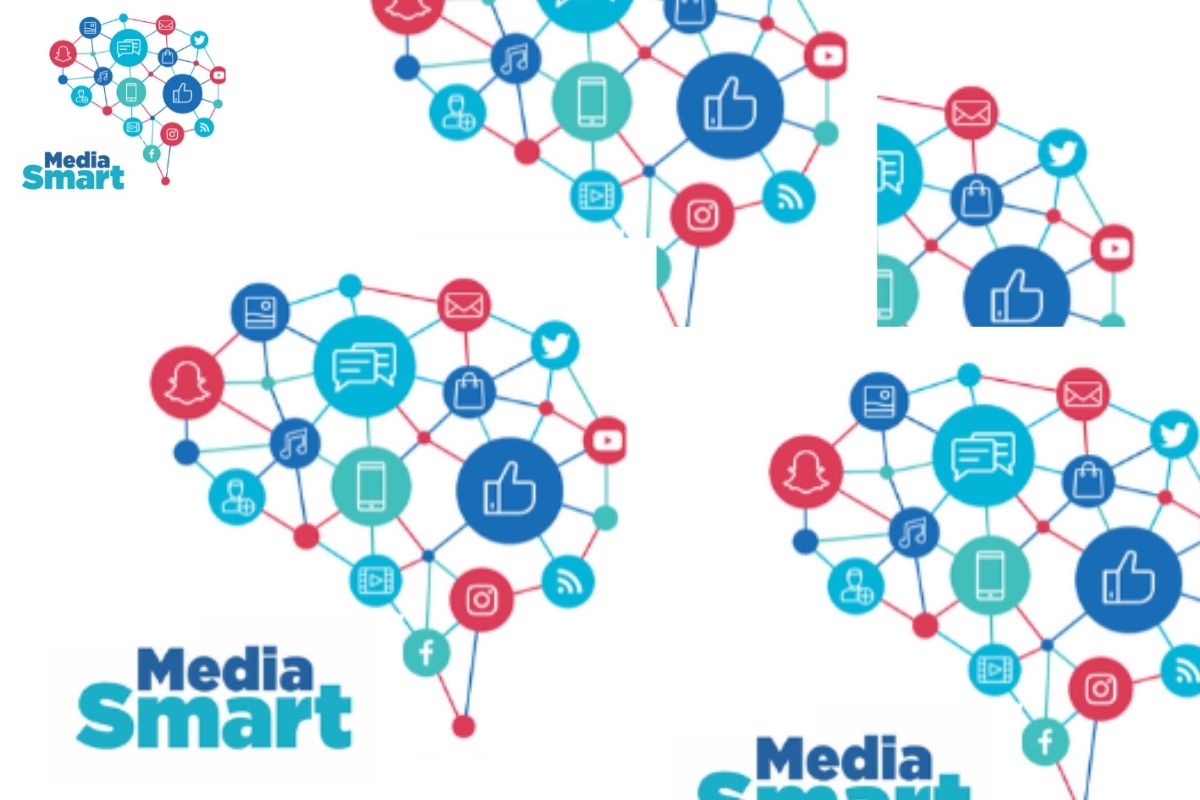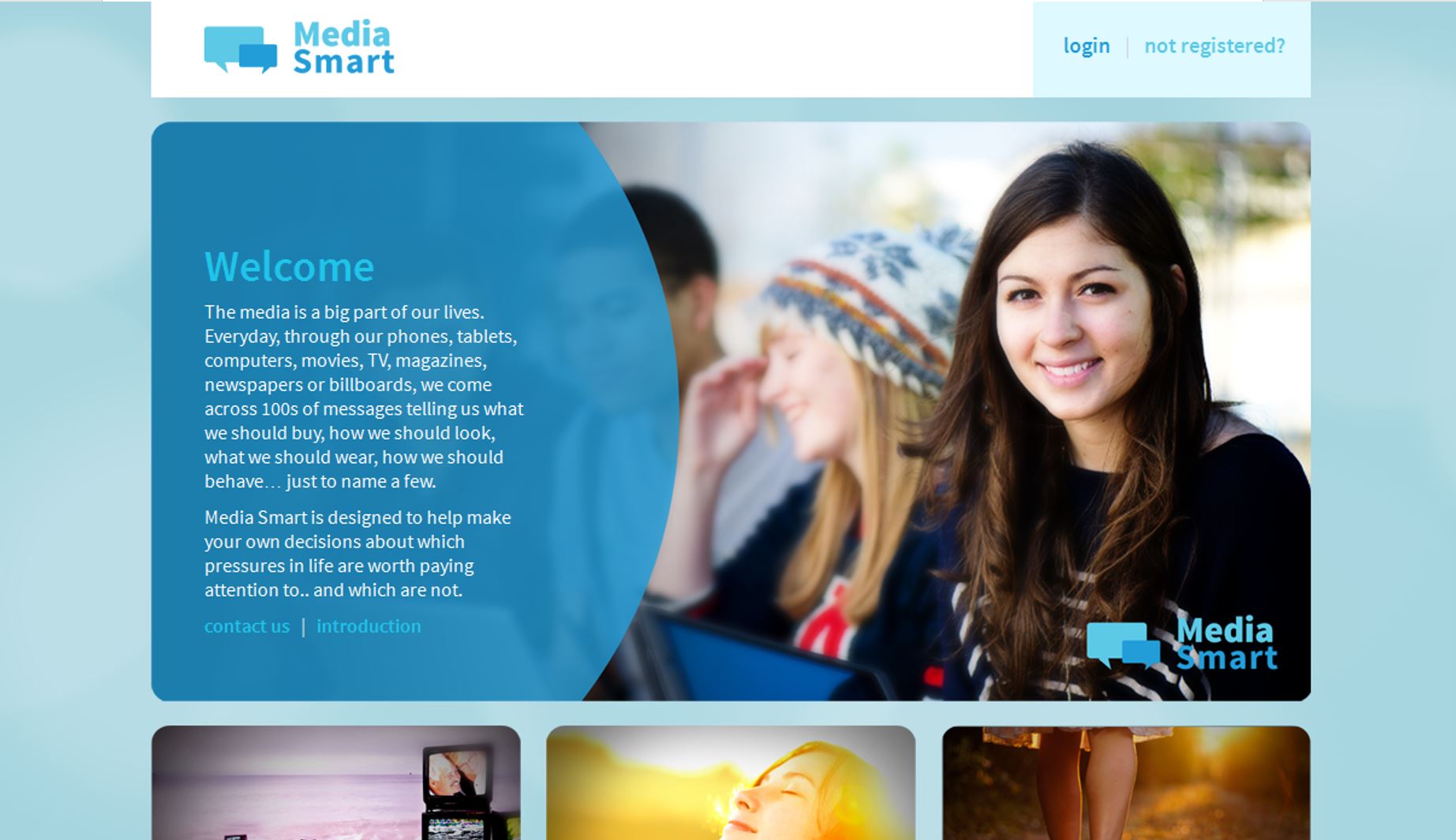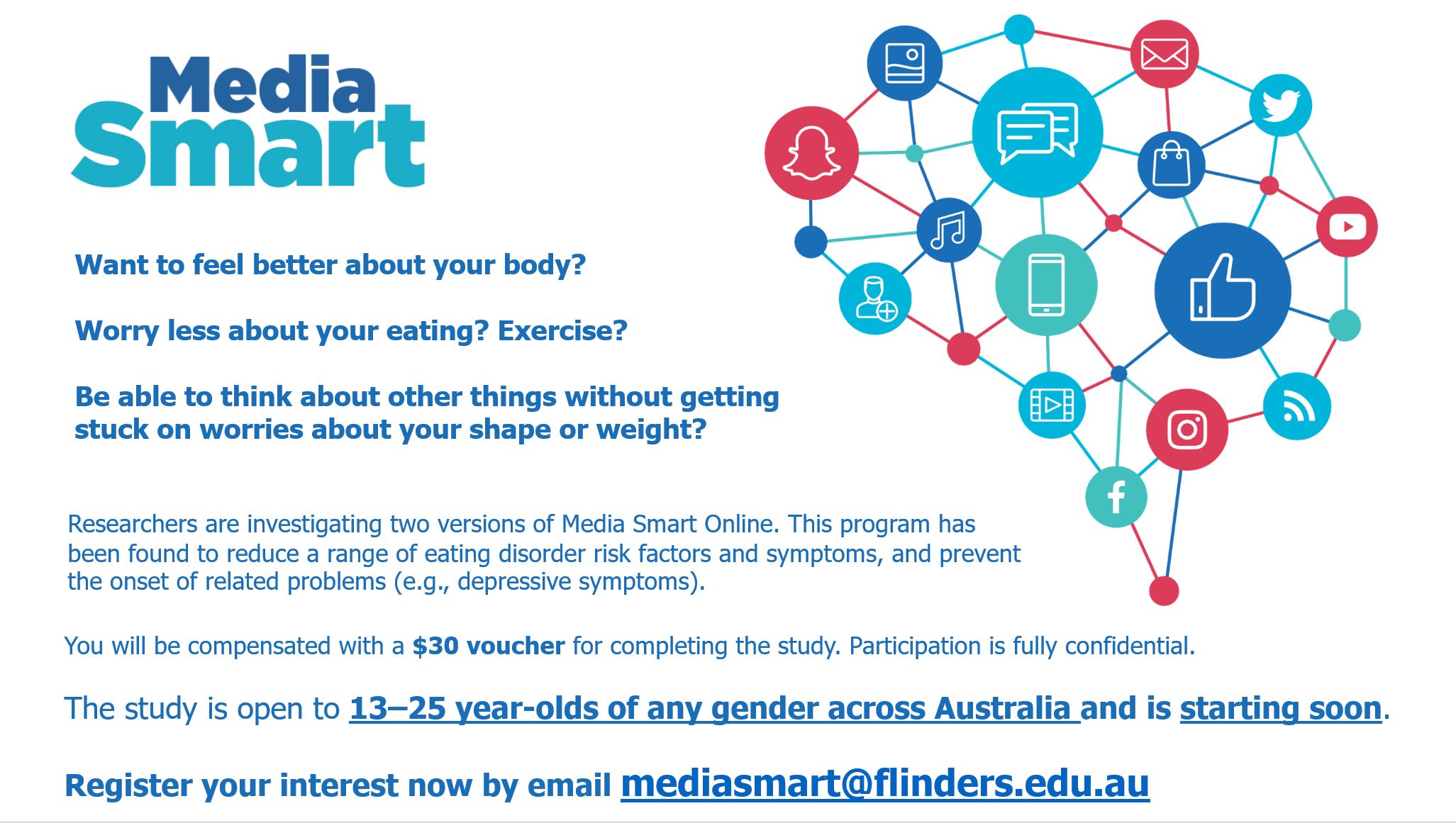
A mate of mine, who works here at Flinders has become an expert in the role that the media plays in how we view ourselves, particularly our bodies. He’s developed some programs to help young people become more media smart and resist the negative impact modern media can have on our self-worth and self-image.
And if you are wondering what I am talking about, consider this –
I follow a YouTube channel by a guy called Thomas DeLauer – https://www.youtube.com/user/TheTdelauer. I find a number of his videos on nutrition and training to be interesting.
The guy looks like this:

There is absolutely no f(&^n way that I am ever going to look like that unless I get a complete gene transplant, train 8 hours a day and eat a diet consisting only of meat. Even then, I’d have to grow a foot in height and get some new shorts.
Being media smart is being able to critically assess a media source like Thomas’ channel and assess what messages to take from it and which ones to disregard.
For example, I know, looking at that photo:
- Thomas can only achieve that physique like that through a combination of genetics and super strict adherence to diet and physical activity rules. Such results are not possible for a lot of people. If I set myself the goal of trying to achieve that, I’d be miserable.
- The photo is taken mid workout, where muscle definition is at its highest.
- It is possible that the image has been modified to enhance the muscle definition.
- Whilst many men and some women might see that physique as desirable, many do not and would actually find it unattractive.
- Thomas’ business is fitness, so he can justify spending the hours a day building a body like that, where most of us cannot, as fitness is not our business.
- Whilst his physique might be unrealistic for most, he may still have some useful advice re: physical activity, nutrition and self-discipline. Following his advice might have health benefits but you need to separate that advice from how he looks.
- Basing one’s self-worth entirely on physique can lead to serious mental health problems – e.g. eating disorders
- Thomas is only one voice in the area of fitness and nutrition. Before following his advice, you’d want to see what other people are saying and whether his advice is consistent with experts in nutrition and physical activity.
There is a lot more I could say, but the point is the messages we get from the media about how we should look need to be critically assessed.
That is where my mate’s work comes in. He’s developed programs that help young people become more media smart, more savvy in understanding the tricks and biases present in the media that can end up leaving us feeling inadequate.
He was recently featured in the Flinders News. I’ve reproduced the article below. https://news.flinders.edu.au/blog/2019/12/09/teens-need-to-get-smart-on-social-media/
The article includes information about his programs, including one that you can do if you are under 25. Registration details below.
Get into it 🙂
New research indicates that social media is leading young adolescent girls and boys down a worrying path towards developing body image issues and eating disorder behaviours – even though they are smartphone savvy.
The Australian research, published in the International Journal of Eating Disorders (Wiley), found platforms with a strong focus on image posting and viewing such as Instagram and Snapchat are the most used and the most risky.
Flinders and University of Western Australia researchers surveyed 996 Year 7 and 8 ‘middle school’ adolescents on their use of Instagram, Facebook, Tumblr and Snapchat.
Behaviours related to disordered eating were reported by 51.7% of girls, and 45% of the boys, with strict exercise and meal skipping to lose weight or prevent weight gain being the most common.
A total of 75.4% of girls and 69.9% of boys had at least one social media account, with Instagram the most common. This was despite half the sample being younger than 13-years-old, the recommended minimum age for these platforms.
The more social media accounts, and greater time spent using them, were associated with a higher likelihood of disordered eating thoughts and behaviours, says lead author Dr Simon Wilksch, a Senior Research Fellow in Psychology at Flinders University.
The study is believed to be the first to examine the relationship between specific social media platforms and disordered eating behaviours and thoughts in young adolescents.
Dr Wilksch believes the findings are cause for concern.
“A key component of preventing eating disorders is to give the message that our self-worth should be defined by a mix of our abilities, values and relationships,” he says.

“Social media seems to encourage young people to focus strongly on their appearance and the way it is judged or perceived by others.
“To find these clear associations between disordered eating and social media use in young adolescent girls and boys suggests that much more needs to be done to increase resilience in young people to become less adversely impacted by social media pressures,” says Dr Wilksch, who is launching an Australia-wide trial of Media Smart Online program designed to combat such pressures in people of any gender aged between 13 and 25 years old.
The program is backed by positive findings from the first trial with 18-25 year old women where Media Smart Online reduced eating disorder onset by 66% (in those not meeting diagnosis at study start point) and increased eating disorder recovery by 75% (for those starting with disordered eating,), relative to controls.
A range of other risk factors also improved along with lowering the likelihood of onset of depressive symptoms and thoughts about self-harm.
“We were very pleased with the outcomes of the first trial, and are excited to expand the program to a wider age range and people of any gender in this new research, since we know these concerns are not limited to females.”
Interested 13-25 year olds can confidentially register for the study by emailing mediasmart@flinders.edu.au.
The I Am Media Smart trial invites participants to complete an online questionnaire and then be allocated to one of three free programs and will then be asked to complete the questionnaire again post-program and 6- and 12-months later. Those who complete all four surveys will receive a $30 gift voucher as a reimbursement for their time.
A key message of the program is for young people to “make up their own mind” on what relationship they want to have with social media and how their media use fits with their personal values.
The new paper, ‘The relationship between social media use and disorderly eating in young adolescents’ (2019) by Simon M Wilksch, Anne O’Shea, Pheobe Ho, Sue Byrne and Tracey D Wade has been published in the International Journal of Eating Disorders (Wiley) DOI: 10.1002/eat.23198 (https://onlinelibrary.wiley.com/doi/10.1002/eat.23198).
The ‘I Am Media Smart’ online trial, for 13 to 25 year olds, is being supported by an Australian Rotary Mental Health Grant.


